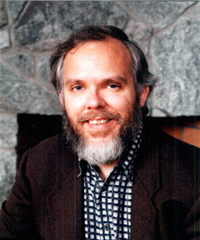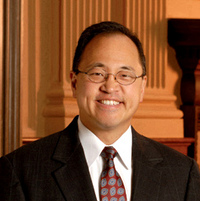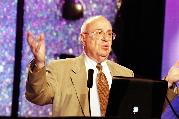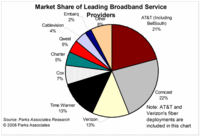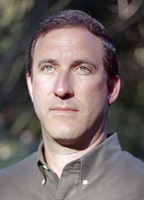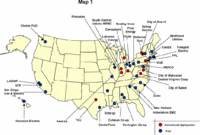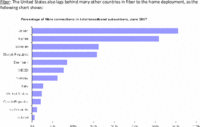 Ars technica sums it up:
Ars technica sums it up:
One of the ironies of the current broadband situation in the US is that staunch free marketeers defend the status quo even though the result of their views has been duopoly and high prices. Meanwhile, other countries (including those with a reputation in some quarters for “socialism”) have taken aggressive steps to create a robust, competitive, consumer-friendly marketplace with the help of regulation and national investment.That post includes a table of papers and reports on per-country broadband rankings with corresponding U.S. rankings, from 11 to 24.Critics, it’s time to stop the quibbling: the data collection practices that show the US dropping year-over-year in all sorts of broadband metrics from uptake to price per megabit might not prove solid enough to trust with your life, but we’re out of good reasons to doubt their general meaning.
— Broadband: other countries do it better, but how? By Nate Anderson, ars technica, Published: May 11, 2008 – 07:37PM CT
Then it gets to lack of political leadership:
Despite the repeated claims of the current administration that our "broadb and policy" is working, the US act ually has no broadband policy and no aggressive and inspiring goals (t hink "moon shot"). The EDUCAUSE model suggests investing $100 billion (a third comes from the feds, a third from the states, and a third from compan ies) to roll out fiber to every home in the country. Whether the particular pro posal has merit or not, it at least has the great virtue of being an ambitious policy that recognizes the broad economic and social benefits from fast broadba nd.$100 billion may sound like a lot, but the federal government alone spends that much a year on the unnecessary Iraq war. The U.S. needs better priorities.Here's hoping that the next president, whoever he (or, possibly, she) is, g ives us something more effective—and inspiring—than this. It's telling that the current administration's official page on the President's tech p olicy hasn't had a new speech or press release added since… 2004.
-jsq


